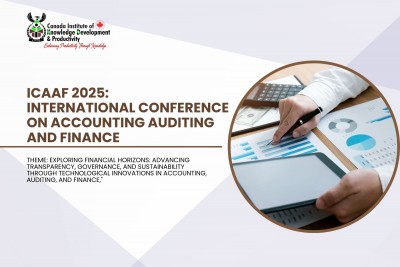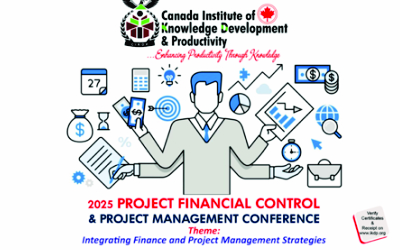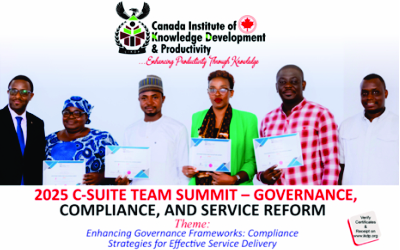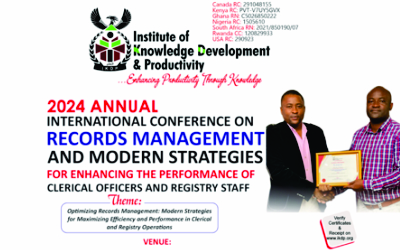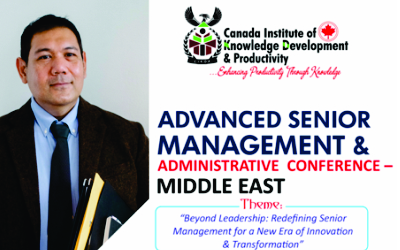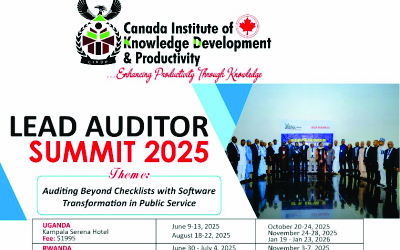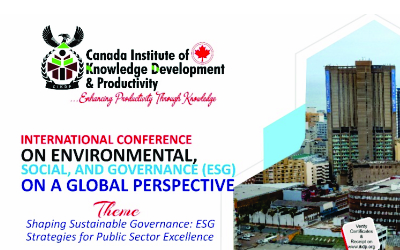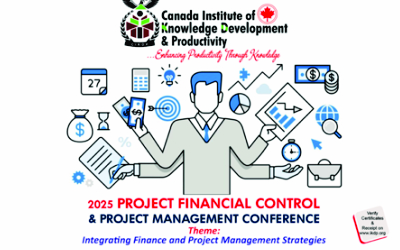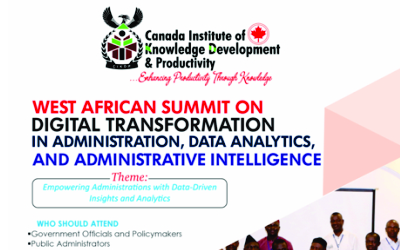INTRODUCTION
In a time of heightened financial scrutiny, evolving compliance demands, and increasing risk exposure, organizations must move beyond basic audits and embrace advanced internal control strategies
The Advanced Auditing and Internal Control Strategies Conference is designed to elevate the capacity of audit professionals, risk managers, and internal control officers by equipping them with cutting-edge tools, frameworks, and insights to drive organizational integrity, efficiency, and performance
This conference will provide hands-on exposure to international auditing standards, automated audit systems, forensic techniques, fraud detection, and real-time internal control analytics
Our experts will also guide participants through risk-based auditing, control design, policy compliance, and performance auditing, all tailored to dynamic organizational environments.
By the end of this conference, participant will be able to:
· apply advanced risk-based and performance auditing techniques;
· design and implement efficient internal control systems aligned with global best practices;
· detect fraud, manage whistleblower systems, and implement forensic audit strategies;
· integrate technology into the audit process using automated tools and data analytics;
· evaluate organizational compliance with internal policies and regulatory frameworks;
· strengthen the role of internal audit in governance, accountability, and strategic alignment; and
· conduct independent audits that add real value to organizational decision-making.
Conference Modules
Module 1: Risk-Based Auditing in the Modern Organization
- Principles and practice
- Prioritizing high-risk areas for audit coverage
Module 2: Designing Effective Internal Controls
- COSO framework and control activities
- Real-world internal control implementation
Module 3: Fraud Detection, Prevention, and Forensic Audit
- Common red flags and control gaps
- Investigation techniques and case studies
Module 4: Leveraging Audit Technology and Data Analytics
- CAATs (Computer-Assisted Audit Techniques)
- Dashboards, audit sampling, and predictive analytics
Module 5: Regulatory Compliance and Internal Audit Alignment
- Understanding legal requirements and accountability standards
- Bridging gaps between policy and operational compliance
Module 6: Audit Reporting and Communication of Findings
- Writing clear, evidence-based reports
- Engaging management and audit committees effectively
Module 7: Monitoring, Evaluation, and Continuous Control Improvement
- Designing feedback loops for control effectiveness
- Audit follow-up and continuous improvement culture
WHO SHOULD ATTEND
· Internal auditors and audit managers
· Chief internal auditors and financial controllers
· Risk managers and compliance officers
· Public sector audit officials (e.g., Office of the Auditor-General)
· ICT professionals involved in audit technology
What will i learn?
- Apply advanced risk-based and performance auditing techniques;
- Design and implement efficient internal control systems aligned with global best practices;
- Detect fraud, manage whistleblower systems, and implement forensic audit strategies;
- Integrate technology into the audit process using automated tools and data analytics;
- Evaluate organizational compliance with internal policies and regulatory frameworks;
Frequently asked question
Available dates
- June 30 - July 4, 2026. August 18-22, 2026 September 1-5, 2026 November 17-21, 2026 December 15-19, 2026 January 12-16, 2027





